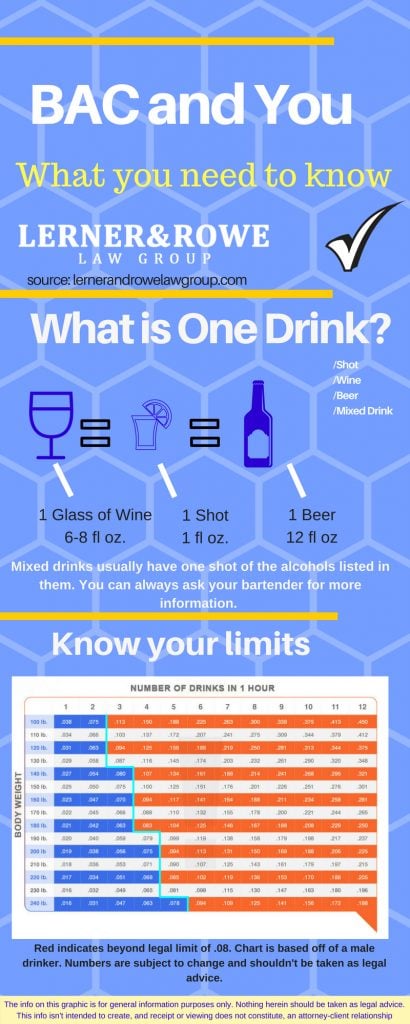Unlock the mystery of how many beers it takes to get drunk based on your weight! Dive into the science now.

Image courtesy of Anete Lusina via Pexels
Table of Contents
Alcohol consumption is a common social activity enjoyed by many, but one question that often arises is how many beers it takes to get drunk. The answer to this question is not as simple as a specific number of beers, as intoxication levels can vary greatly from person to person. In this blog post, we will delve into the science behind alcohol metabolism, individual tolerance levels, and various factors influencing intoxication to help provide a better understanding of how alcohol affects our bodies.
Alcohol Metabolism
When alcohol is consumed, it enters the bloodstream and is eventually metabolized by the liver. The process of alcohol metabolism involves enzymes, such as alcohol dehydrogenase, breaking down the alcohol into different compounds. The rate at which alcohol is metabolized can vary between individuals and can be influenced by factors such as genetics and liver health.
Individuals with a higher concentration of alcohol dehydrogenase enzymes may be able to metabolize alcohol more quickly, leading to a higher tolerance for alcohol. On the other hand, individuals with liver conditions or genetic variations that affect alcohol metabolism may experience intoxication more quickly and with fewer drinks.
Individual Tolerance Levels
Individual tolerance to alcohol can vary significantly based on a variety of factors. One major factor is body weight, as alcohol is distributed throughout the body based on the amount of water in the tissues. This means that individuals with a higher body weight may need to consume more alcohol to reach the same intoxication level as someone with a lower body weight.
Other factors that can influence individual tolerance levels include frequency of alcohol consumption, age, and overall health. Individuals who drink alcohol regularly may develop a higher tolerance over time, while older individuals and those with certain health conditions may be more sensitive to the effects of alcohol.
Factors Influencing Intoxication
Several other factors can influence how quickly someone becomes drunk after consuming alcohol. One such factor is the alcohol content of the drinks being consumed. Beers with a higher alcohol content will lead to intoxication more quickly than those with lower alcohol content.

Image courtesy of lernerandrowelawgroup.com via Google Images
Mixing different types of alcohol, such as beer, wine, and spirits, can also impact intoxication levels. The combination of different types of alcohol can increase the overall amount of alcohol in the bloodstream, leading to heightened intoxication.
Additionally, drinking on an empty stomach can result in quicker intoxication, as there is less food in the stomach to slow down the absorption of alcohol into the bloodstream. It is important to eat before consuming alcohol to help mitigate the effects of intoxication.
Conclusion
Understanding how many beers it takes to get drunk is not a straightforward answer, as intoxication levels can vary based on individual factors and circumstances. By delving into the science behind alcohol metabolism, individual tolerance levels, and various factors influencing intoxication, we can gain a better understanding of how alcohol affects our bodies.
It is essential to drink responsibly and be aware of our individual tolerance levels when consuming alcohol. Knowing our limits and taking steps to mitigate the effects of alcohol can help ensure a safe and enjoyable drinking experience for all.
FAQ
Question 1: How many beers does it take to get drunk?
Answer 1: The number of beers needed to get drunk varies depending on factors like body weight, tolerance levels, and alcohol content of the drinks. Generally, individuals with a higher body weight may need to consume more beers to reach the same level of intoxication as someone with a lower body weight.
Question 2: What factors influence how quickly someone gets drunk?
Answer 2: Factors like alcohol metabolism rate, individual tolerance levels, alcohol content in drinks, mixing different types of alcohol, and drinking on an empty stomach can all influence how quickly someone becomes drunk after consuming alcohol.
Question 3: How can I calculate how many beers it takes to get drunk based on my weight?
Answer 3: You can calculate how many beers it takes to get drunk by considering factors like your body weight, tolerance levels, and the alcohol content of the drinks you are consuming. Online BAC calculators can help estimate your blood alcohol concentration based on these factors.
Question 4: How can I drink responsibly?
Answer 4: To drink responsibly, know your limits, be aware of your tolerance levels, avoid excessive alcohol consumption, never drink and drive, and stay hydrated. Eating before drinking can also help reduce the effects of intoxication. It’s important to prioritize your safety and well-being when consuming alcohol.
Generated by Texta.ai Blog Automation
Leave a Reply